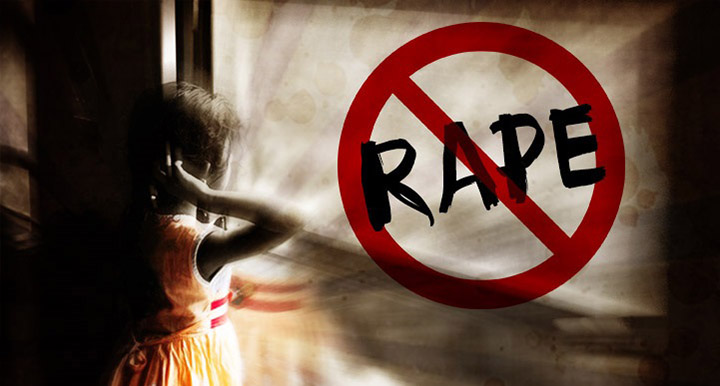367 rape cases reported in last six months, 77 per cent victims are minors

By A Staff Reporter
Kathmandu, Nov 1: Rape cases continue to rise in Nepal despite strict laws in place, according to the latest data of the Women Rehabilitation Center (WOREC).
As many as 367 cases of rape were reported in the last six months (April/May to September/October 2020), the report unveiled by the WOREC said.
Of the total rape cases reported in the period, 44 were gang rapes, the report stated.
The most upsetting fact revealed by the report is that of the total rape victims 283 are girls below 18 years of age, including 39 victims between two to 10 years (13 per cent) and 244 between 11 to 18 years (86 per cent).
According to the report, the relation between the victims and the perpetrators showed that majority of rapes were meted out by close and near ones.
As many as 161 (57 per cent) rape accused were found to be neighbours, 53 (19 per cent) family members, 23 (8 per cent) partners, four (1 per cent) teachers, eight (3 per cent) service providers, while only 25 (9 per cent) were strangers to the victims.
During the same period, 51 cases of attempted rape and 76 cases of sexual abuse were reported, the report says.
Similarly, Nepal recorded as many as 1,673 gender-based violence against women and children in the same span of time, the report showed.
Of them, 825 cases of domestic violence, 160 cases of social violence and 71 cases of murder were reported.
Likewise, 18 cases of human trafficking, 61 cases of suicide and 31 other cases related to violence against women were recorded in the last six months.
Looking at the ethnicity of women and girls affected by gender-based violence, 558 (34 per cent) belonged to Janajati, 299 (18 per cent) belonged to Dalit, 424 (25 per cent) belonged to Brahmins, 140 (8 per cent) belonged to Terai non-Dalits and 34 (2 per cent) Muslims, while ethnic identities of 218 victims were unknown.
Lubharaj Neupane said that legal provision and legal equality were not sufficient to end violence against women.
“Implementing the existing laws effectively and bringing social transformation are equally important to end violence against women,” he added.
He further highlighted the need of changing the harmful mentality of looking at women’s body as a matter of family and society’s dignity, which had continued a culture of social silence during all forms of violence against women.
Recent News

Do not make expressions casting dout on election: EC
14 Apr, 2022
CM Bhatta says may New Year 2079 BS inspire positive thinking
14 Apr, 2022
Three new cases, 44 recoveries in 24 hours
14 Apr, 2022
689 climbers of 84 teams so far acquire permits for climbing various peaks this spring season
14 Apr, 2022
How the rising cost of living crisis is impacting Nepal
14 Apr, 2022
US military confirms an interstellar meteor collided with Earth
14 Apr, 2022
Valneva Covid vaccine approved for use in UK
14 Apr, 2022
Chair Prachanda highlights need of unity among Maoist, Communist forces
14 Apr, 2022
Ranbir Kapoor and Alia Bhatt: Bollywood toasts star couple on wedding
14 Apr, 2022
President Bhandari confers decorations (Photo Feature)
14 Apr, 2022










